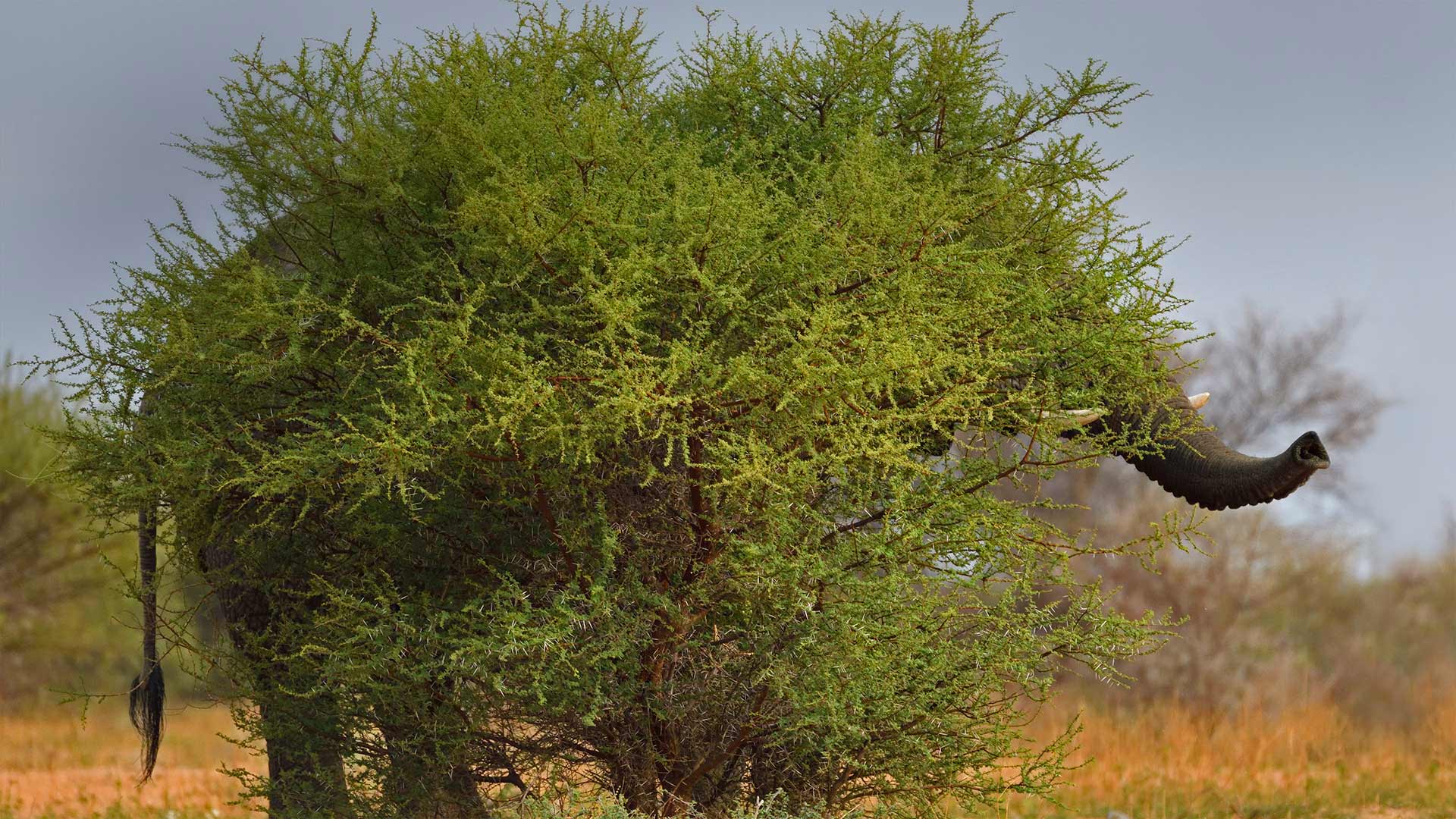Improving Healthcare Practices: The Impact of Medical Sharps Disposal in Kenya
Proper disposal of medical sharps is a critical component of healthcare practices, and its importance cannot be overstated. In Kenya, like in many other developing countries, the safe disposal of medical sharps is a significant concern. Improper disposal can lead to serious health and environmental risks, including the spread of infectious diseases and injuries to healthcare workers, waste handlers, and the general public.
Medical sharps include needles, syringes, lancets, and other devices that are used to puncture the skin for the purpose of drawing blood or administering medications. These sharp instruments are necessary tools in the delivery of healthcare, but they also pose a risk of transmitting dangerous pathogens if not handled and disposed of properly.
The impact of medical sharps disposal on healthcare practices in Kenya is significant. Inadequate disposal of medical sharps can lead to the spread of infectious diseases such as HIV, hepatitis B and C, and other bloodborne pathogens. This not only puts the healthcare workers at risk, but also the patients and the community at large.
Furthermore, improper disposal of medical sharps can lead to injuries and accidents. Needle stick injuries are common among healthcare workers, and they can result in the transmission of serious infections. Waste handlers and the general public are also at risk of accidental needle sticks if medical sharps are not disposed of safely.
In addition to the health risks, improper disposal of medical sharps can also have detrimental effects on the environment. Discarded sharps can contaminate soil and water sources, posing a threat to public health and the ecosystem. This is particularly concerning in a country like Kenya, where access to clean water and sanitation is limited in many areas.
To address these challenges, it is essential to implement proper medical sharps disposal practices. This includes the use of puncture-proof containers for the collection of used sharps, ensuring that these containers are properly labeled and sealed, and implementing safe and secure disposal methods. Healthcare facilities and waste management services must work together to ensure that medical sharps are managed and disposed of in a way that minimizes risks to both human health and the environment.
The impact of improving medical sharps disposal practices in Kenya cannot be overstated. By addressing the challenges associated with the safe disposal of medical sharps, healthcare facilities can protect the health and safety of both their staff and patients, while also minimizing the environmental impact of medical waste. This will ultimately contribute to the overall improvement of healthcare practices in the country.
In conclusion, the impact of medical sharps disposal on healthcare practices in Kenya is significant. It is crucial to implement proper disposal practices to prevent the spread of infectious diseases, injuries, and environmental contamination. By prioritizing safe and secure disposal methods, healthcare facilities can greatly contribute to the improvement of healthcare practices in the country. Proper medical sharps disposal is not just a matter of waste management—it is a fundamental aspect of ensuring the health and well-being of the population.
Improving Healthcare Practices: The Impact of Medical Sharps Disposal in Kenya



